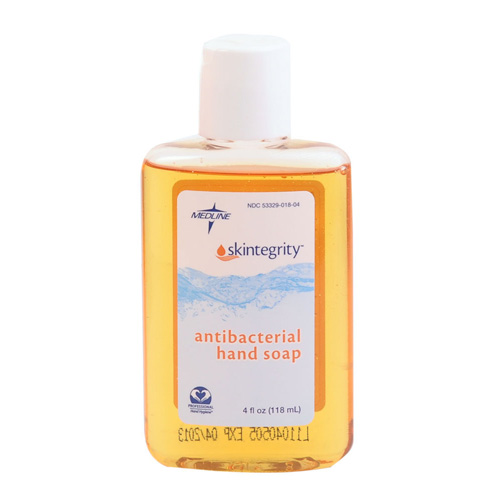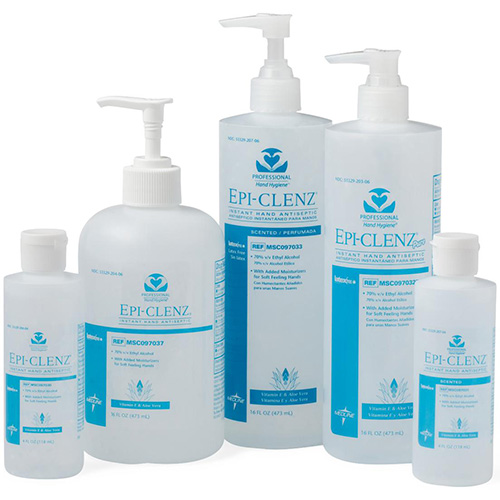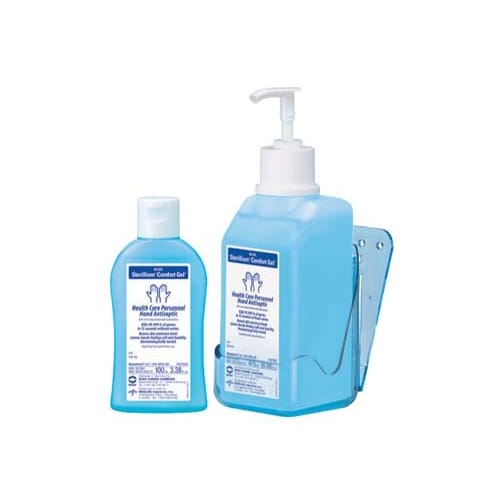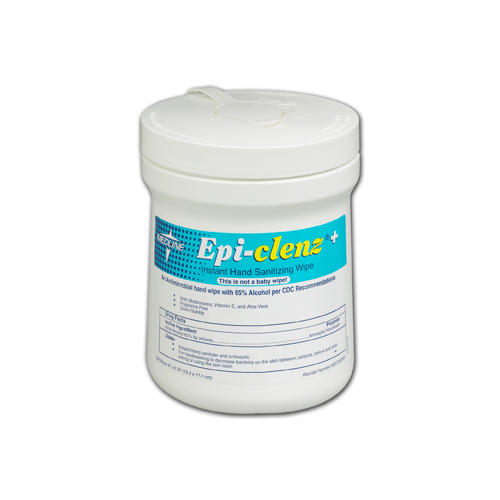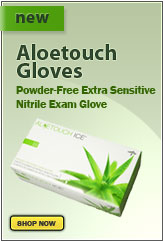‘Clinical’ Wring-Out
Published: Jun 9, 2010
Rinse it. Drain it. Kill it.
Hand hygiene is a vital part of patient care in today’s healthcare practices. The association of contaminated hands and infections has been confirmed through medical tests in the past. Current and past evidence also establish that contaminated hands are responsible for transmitting infections in high risk areas such as surgery rooms and intensive care units –ICUs.
One of the biggest clinical threats to patients is when infected microorganisms appear in surgical wounds, urinary drainage systems and the lungs during pulmonary ventilation. These potential pathogens transmitted by hands cause infections in patients which can be easily transferred to other patients.
When must hands be decontaminated?
Decontamination is the process of removing blood, body fluids and microorganism. In case of hospitals hands must be decontaminated immediately before each episode of direct patient contact or care and after any activity that potentially results in hands becoming contaminated.
Hands must be decontaminated before care that involves direct contact with the patient’s skin, food, medical devices and dressing. Patients are put at risk of Healthcare Associated Infections (HCAI) when informal “un-professionals” care for them with contaminated hands.
Four factors must be considered before a patient is physically contracted with:
- The care being performed on the patient.
- The extent of contamination that may occur with the contact.
- The level of contact with the patient.
- Condition of the patient.
Hand Hygiene Products and Techniques
Simple yet effective ways of hand decontamination include washing hands with liquid soap and water, antiseptic hand-wash products and alcohol based hand-rubs. No evidence has favored the use of antiseptic products over liquid soap and neither has one antiseptic product been recommended over the other. However, all alcohol based hand-rubs have been more effective over liquid soap and antiseptic products.
All aspects of the hands and wrists should be rubbed vigorously using the hand hygiene product available. Healthcare professionals should also ensure that their hands are completely dry.
During hand decontamination, all aspects of the hands and wrists must be subjected to the sanitizers; there must be vigorous rubbing to create friction, thorough rinsing specifically in the case of hand-washing, and ensuring that hands are completely dry after. All of these are key factors in effective hand hygiene and the maintenance of skin integrity.
All wrist and ideally hand jewelery must be removed. Cuts and abrasions must be covered with waterproof dressings. Fingernails should be kept short, clean and free from nail polish. False nails and nail extensions must not be worn by clinical staff.
It is suggested that nurses wearing rings and fake nails pose a greater risk of transmitting infections to a patient during routine healthcare practices.
Promotion of Hand Hygiene
Good hospital hygiene is vital for the prevention of infections spread through contaminated hands. Hospital environment and shared medical equipment must be sanitized on a regular basis. Staff education is also an optimal ingredient in reducing Healthcare Associated Infections. Proper training should be provided to all clinical workers who care for patients on a daily basis, and hospital management must ensure that all compliance regimes by governing bodies are implemented.
Learn more about Sterillium Comfort Gel or see all hand hygiene products in our store.
Shop Hand Hygiene Products Online
-
-
-
-
Epi-Clenz Wipes
Proven effective against MRSA, VRE, and a variety of other viruses and bacteria.


